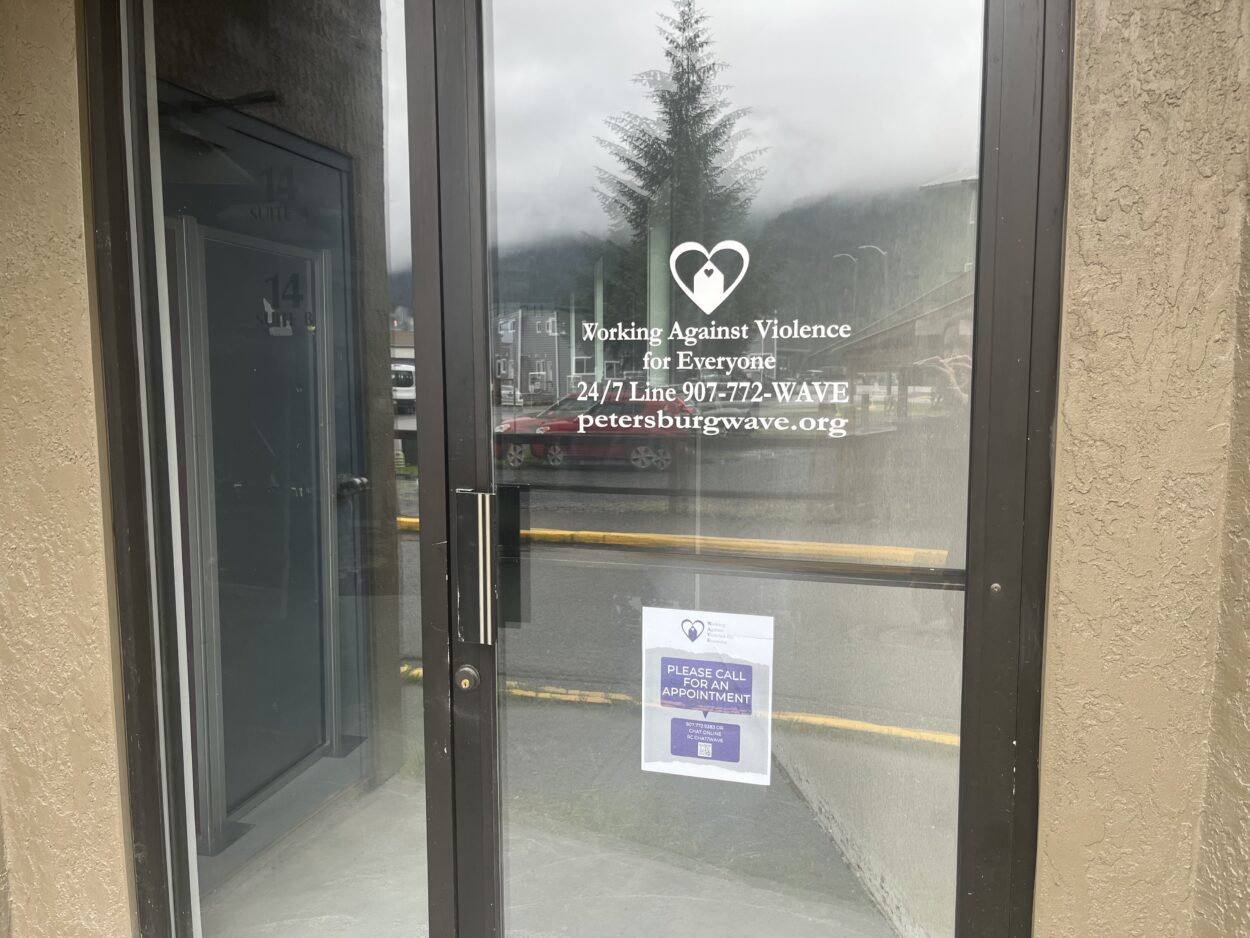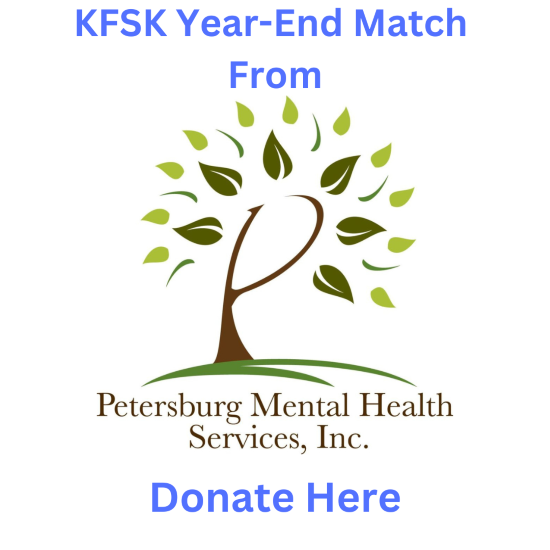
A Petersburg nonprofit that has long worked to combat violence is looking to restart its safe house program. The state of Alaska has some of the highest rates of intimate partner violence in the nation. As KFSK’s Hannah Flor reports, safe house programs can provide a way out for those experiencing domestic violence.
WAVE, or Working Against Violence for Everyone, had a network of safe houses in Petersburg for years. But in 2020, they stopped when their insurance company would not cover the program.
Everett Bennett is WAVE’s executive director.
“It’s frustrating to look at someone and say, I don’t have anything to offer you. And I know that your situation is violent,” she said.
WAVE dates back to the early 1980s. Community members formed the group to address the problem of domestic violence in Petersburg. The safe house program was fairly straightforward. When people needed to get out of a violent situation, they could call WAVE. The organization had a list of volunteers with spare rooms who would host women, or women and children, for up to three days. WAVE cofounder Marlene Cushing said the safe house program was key to getting people out of harm’s way.
“It gave them just a space to feel safe, while one of the WAVE advocates would work with them on what their options were, and help them get to the next step, whatever that might be,” she said.
Alaska is third-highest for intimate partner violence against women according to a report from the National Coalition Against Domestic Violence. The same report found that Alaska has the highest homicide rate in the nation for female victims killed by a male perpetrator.
Brenda Stanfill is the executive director of the Alaska Network on Domestic Violence and Assault. She said there’s no one reason that Alaska’s numbers are so high.
“We’ve got to take all of the things that we are impacted by in Alaska into consideration, because they all tie in,” she said. “So while domestic violence and sexual assault is not because of substance abuse, or mental health, or stress, or lack of a job, that ties into it, where it makes it worse.”
There are no domestic violence shelters or homeless shelters in the island town of Petersburg. Victims of domestic violence are sometimes forced to choose between living in their car or taking a flight to a shelter in a neighboring town. It makes it much harder for someone to leave a violent environment. Stanfill said that lack of choice is common in rural Alaska. Safe houses are instrumental in filling the gap.
“We can’t always get a plane to get someone out of a village quickly. And sometimes, you know, that’s your home,” she said. “Sometimes people don’t want to leave their homes, they want to stay there in their village, that’s where their support is, maybe with their mom and their aunties and cousins, that’s where their kids are used to going to school.”
WAVE had to end its safe house program in Petersburg when an important funding source required the organization to have liability insurance. Their insurance company wouldn’t cover WAVE with the safe house program intact. Stanfill said the problem is not uncommon.
“Insurance companies did start getting nervous about liability,” she said. “If there was a safe home and your domestic violence victim was going there to escape an abuser – what if you followed her? Would it be the liability of the regional center for why someone got hurt?”
But this year WAVE’s insurance company changed its mind. WAVE’s insurance agent Susan Erickson explained the shift in an email. She said “As years go by, insurance companies have a better…grasp on certain risks so their offerings change.”
Now staff and board members are looking to get the program going again. Marlene Cushing hopes community members will consider volunteering their homes as safe houses.
“If people have the space and feel like this is something that they might be drawn to, it’s a great opportunity to make a very big difference,” she said.
Requirements are minimal, although hosts must agree to total secrecy. That protects both victims and hosts. It also makes it possible for the safe house to be used repeatedly. Anyone interested in signing up as a safe house host can call the organization at (907) 772-WAVE.











